Less than three weeks after taking office, new Indonesian President Prabowo Subianto made his first foreign trip, much more "full-bodied" than his predecessor Joko Widodo.
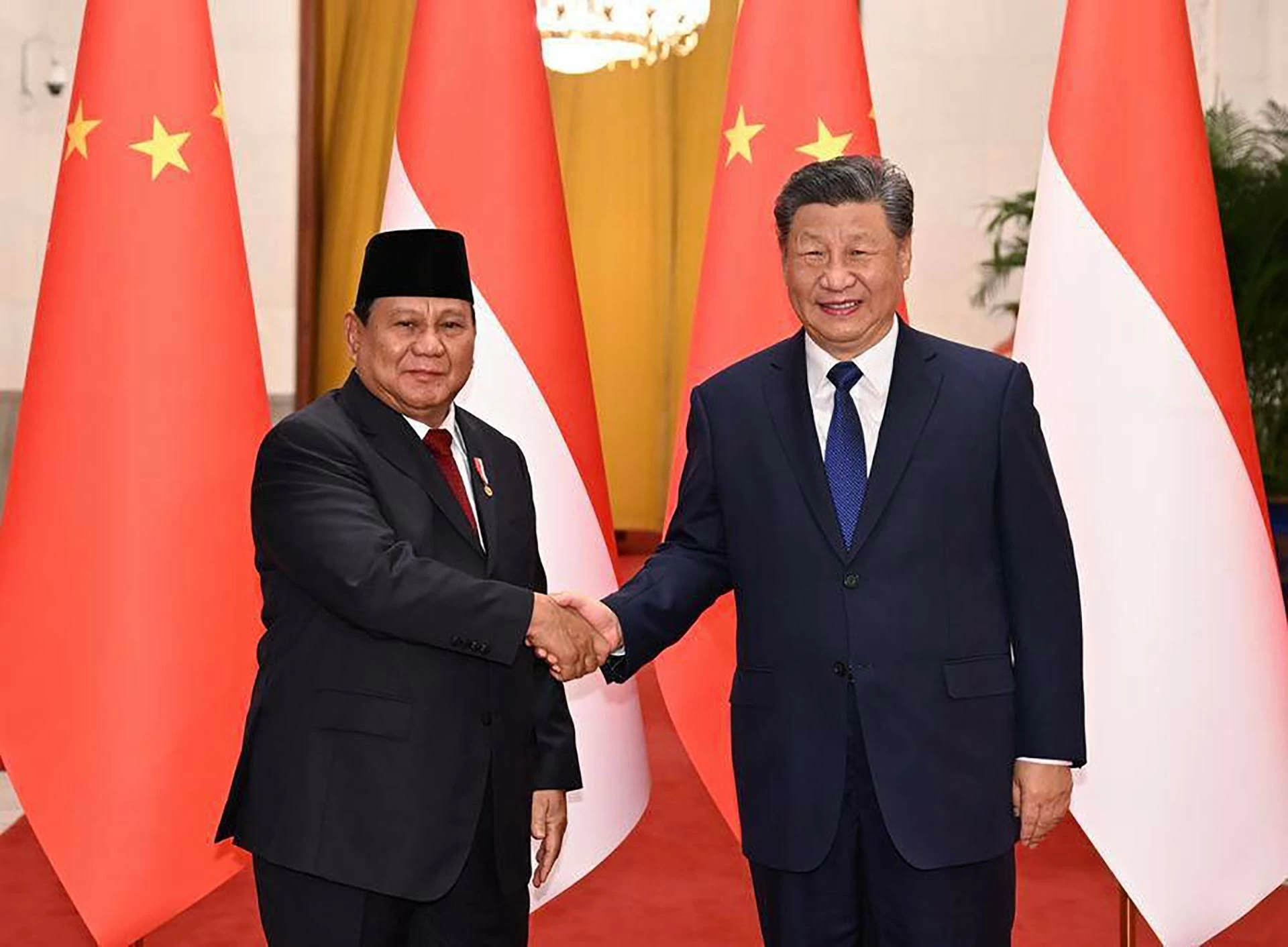 |
| Chinese President Xi Jinping welcomes President Prabowo Subianto in Beijing, November 9. (Source: Xinhua) |
While Mr. Widodo attended multilateral conferences in three countries (China, Myanmar and Australia) on his first trip in 2014, Mr. Prabowo chose to make official visits to five important countries, including two of the world's leading powers.
The itinerary starts in China (November 8-10), then moves to the US (from November 11), followed by attending the APEC Summit in Peru, the G20 Summit in Brazil, visiting the UK and possibly some stops in the Middle East. Accompanying President Prabowo on this long trip are Foreign Minister Sugiono, Minister of Downstream Investment and Development Rosan Roeslani, Cabinet Secretary Teddy Indra Wijaya and many other cabinet officials.
With an international education and coming from an intellectual family, Mr. Prabowo shows considerable confidence in shaping foreign policy.
Many calculations
The choice of China as the first destination reflects Indonesia’s pragmatic diplomatic strategy under new President Prabowo. With trade turnover reaching $139 billion in 2023 and its status as the second-largest investor ($7.4 billion), China plays a key role in the archipelago’s economic development ambitions.
Deals worth a total of $10 billion were signed during the visit, focusing on strategic projects such as nickel processing and infrastructure, promising to disrupt the global supply chain for the electric vehicle industry.
In particular, upgrading its nickel processing capacity will not only help Indonesia better utilize its natural resources, but also position the country as a key link in Asia’s electric vehicle manufacturing value chain. Notably, this is Prabowo’s second visit to China in 2024, reflecting Jakarta’s growing preference for Beijing.
However, Indonesia under Prabowo is pursuing a more multi-dimensional foreign policy strategy, demonstrated by rapidly expanding relations with many strategic partners. In addition to a visit to the United States with plans to meet President Joe Biden and the possibility of meeting President-elect Donald Trump, Prabowo also expressed his ambition to expand his geopolitical space through visits to Peru, Brazil and the United Kingdom.
In particular, the intention to join BRICS and the plan for the first joint naval exercise with Russia in Surabaya clearly reflect Indonesia’s balance of power strategy. President Prabowo is skillfully applying the policy of “active non-alignment”. With this approach, Jakarta aims to both strengthen its position in the emerging economies and create leverage in relations with traditional powers, thereby helping Indonesia maintain its strategic independence and its own development space in the context of increasingly fierce US-China competition.
Bilateral breakthrough
The results of the visit to China demonstrated a breakthrough in bilateral relations in many strategic areas. In addition to economic agreements worth 10 billion USD, the two sides reached important consensus on maritime safety and joint exploitation in overlapping areas.
The agreement marks a step forward in addressing sensitive maritime issues, especially amid rising tensions in the South China Sea. Moreover, the new investment commitment from China, coupled with its status as the second-largest foreign investor ($7.4 billion in 2023), reflects the enormous potential in bilateral economic relations.
Meanwhile, the visit to the US takes place in a unique geopolitical context as the country’s politics are in a transitional period and the two countries are celebrating 75 years of diplomatic relations. The agenda of Mr. Prabowo’s US trip focuses on long-term strategic pillars: food security, clean energy transition and regional stability. The 75th anniversary of diplomatic relations also creates momentum for the two sides to reposition their strategic partnership, especially as Indonesia plays an increasingly important role in the Indo-Pacific security architecture.
Maintain balance
President Prabowo’s first foreign trip since taking office on October 20 shows that Indonesia is pursuing an independent, dynamic and balanced foreign policy. Visits to both China and the United States, along with his intention to join BRICS and hold military exercises with Russia, reflect Indonesia’s search for its own strategic space amid great power competition. This reflects an effort to expand its strategic space, as well as the ambition to raise the position of this Southeast Asian country in the regional power structure.
In the context of the power transition in the US, the regional geopolitical landscape may witness remarkable changes. Geopolitical experts believe that the Indonesia-US relationship has the potential to develop more strongly under the upcoming Donald Trump administration, partly due to the US's pragmatic approach to human rights issues.
However, Jakarta’s relations with Beijing may face new challenges, stemming from disagreements over geopolitical issues in the South China Sea and great power competition in the region. Nevertheless, President Prabowo is considered capable of maintaining a strategic balance while optimizing new cooperation opportunities in the context of US-China competition under President Trump 2.0.
Source: https://baoquocte.vn/chuyen-tham-da-muc-dich-cua-tong-thong-indonesia-293729.html








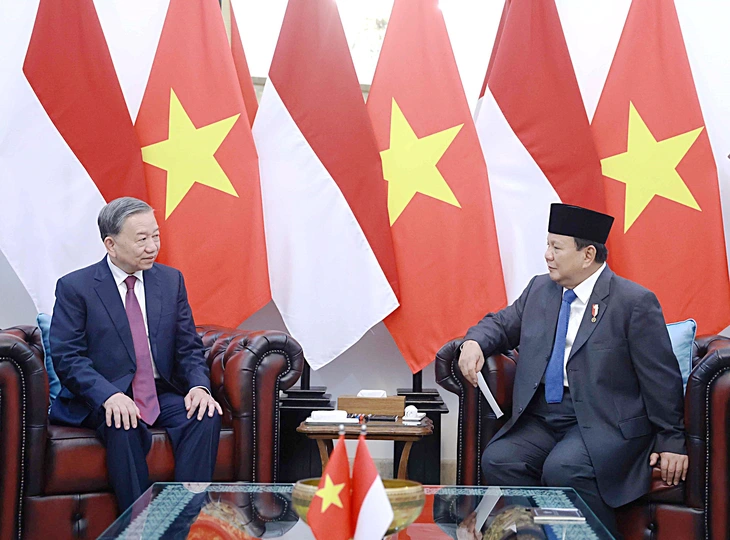

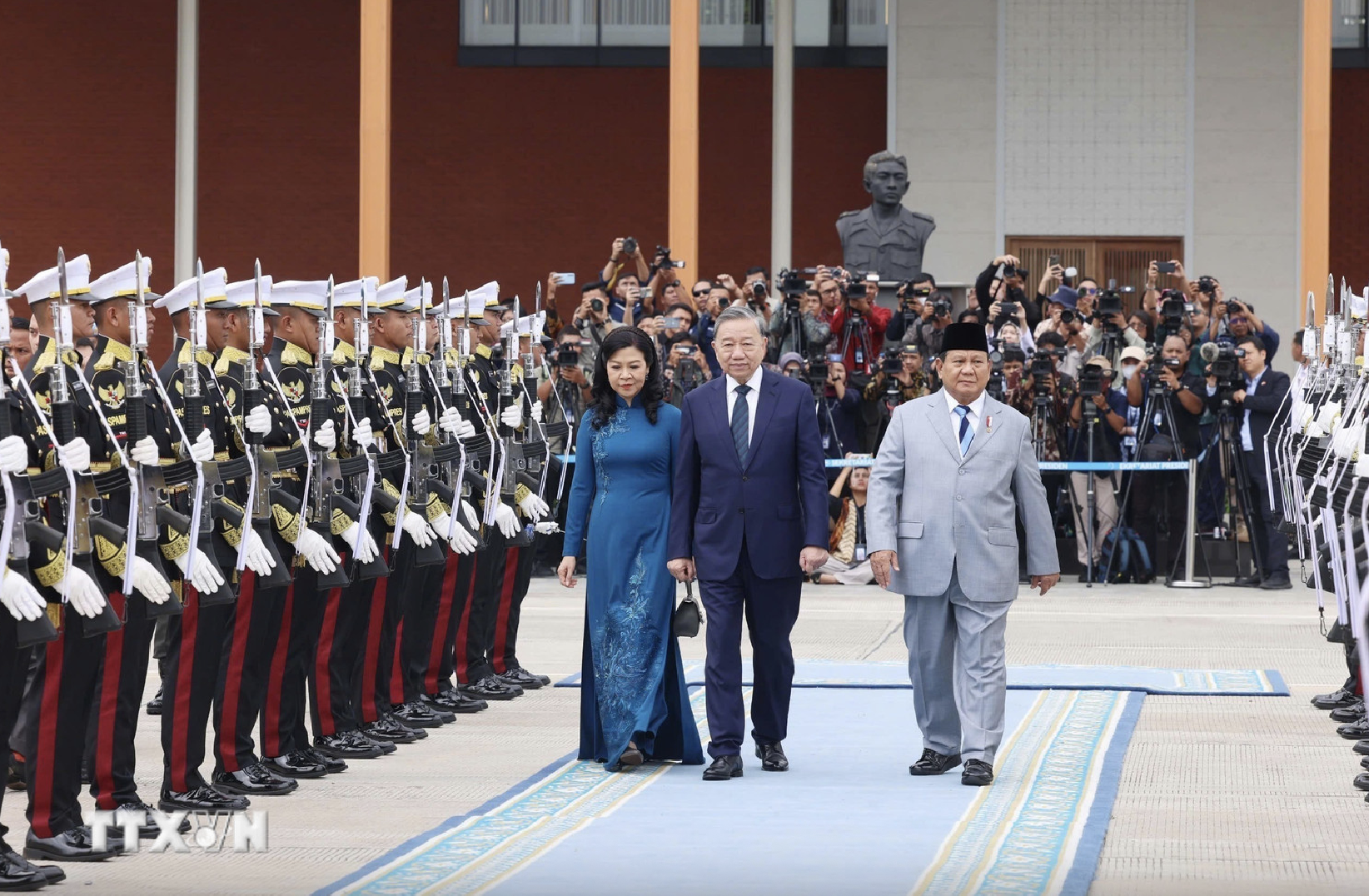
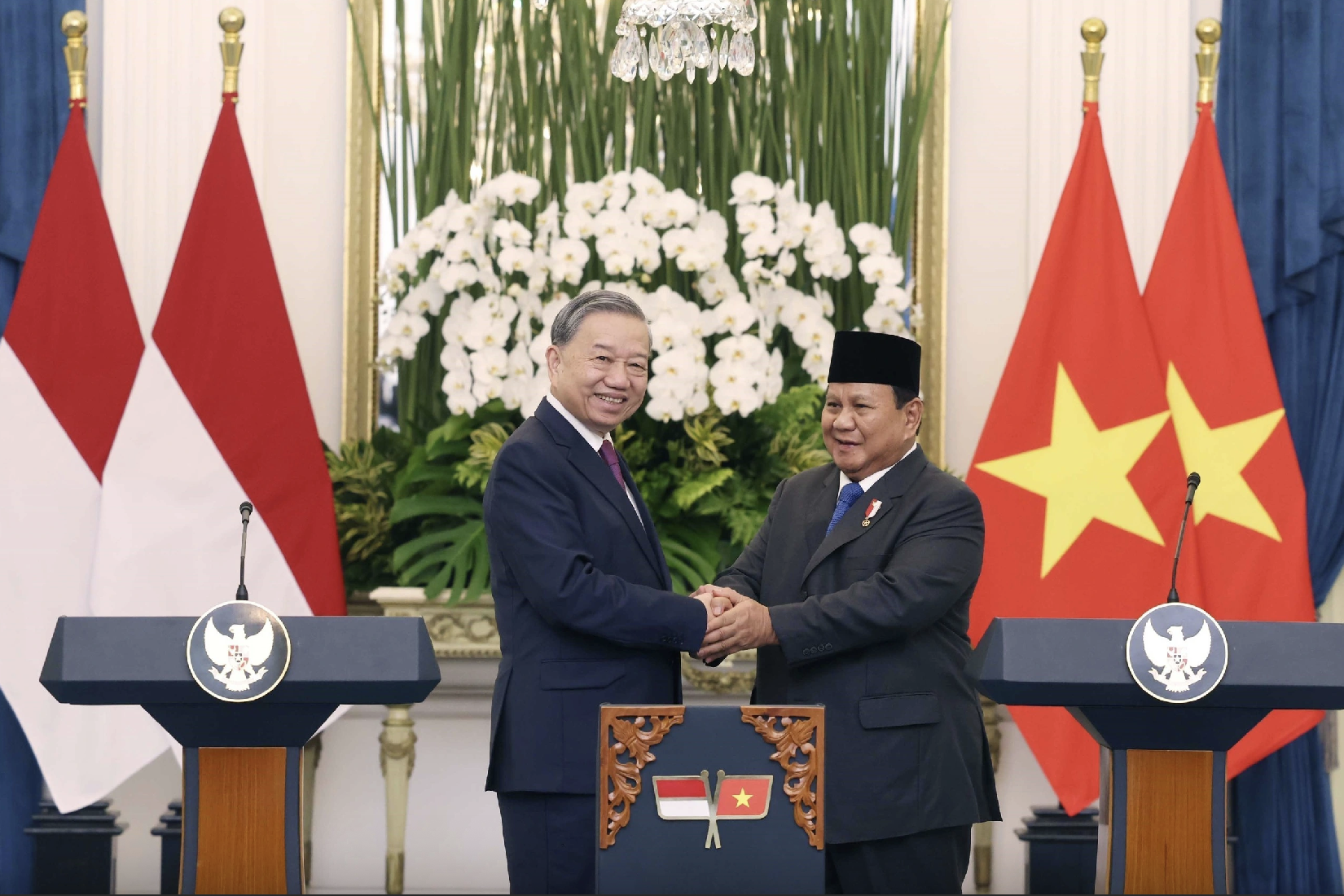

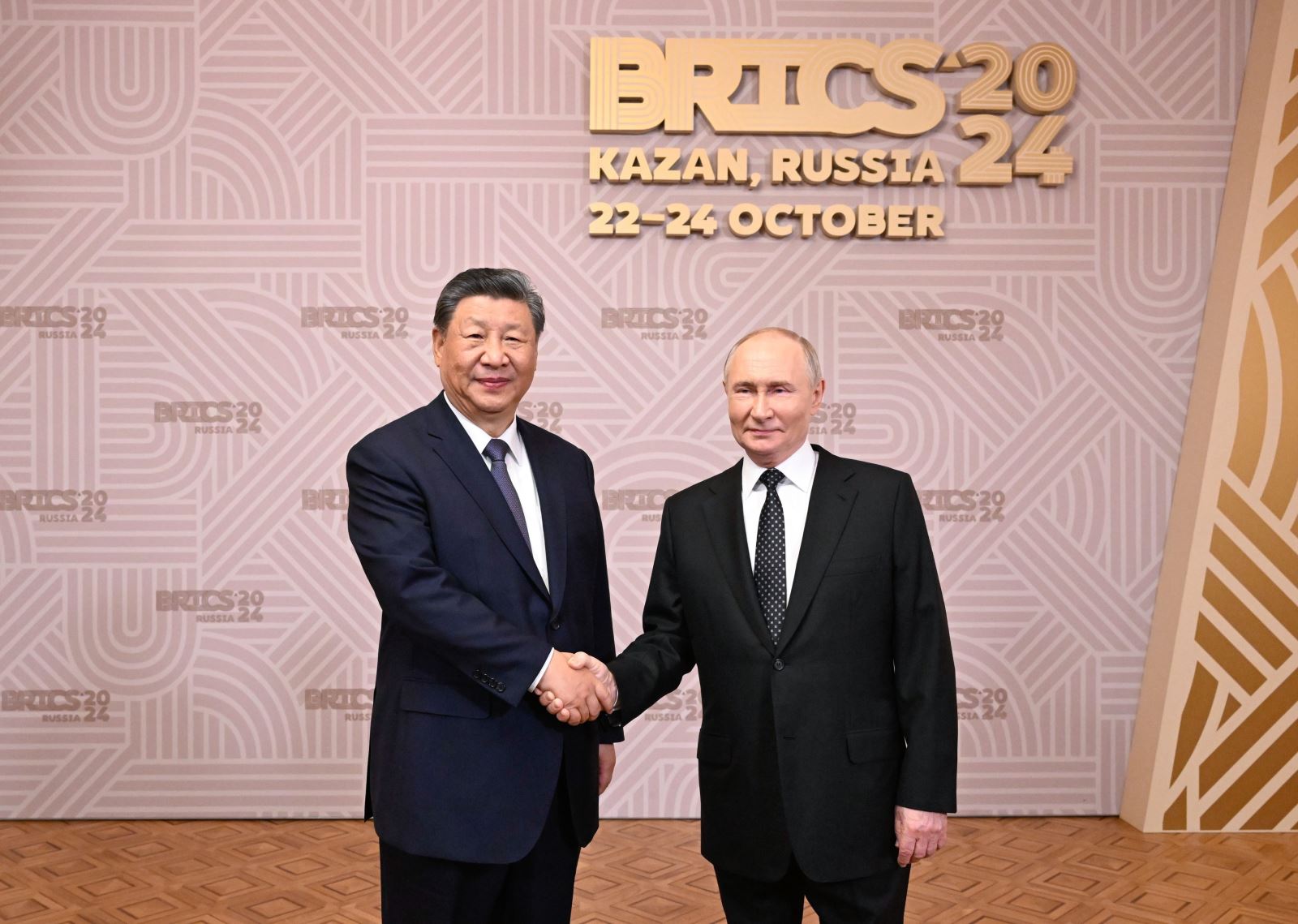

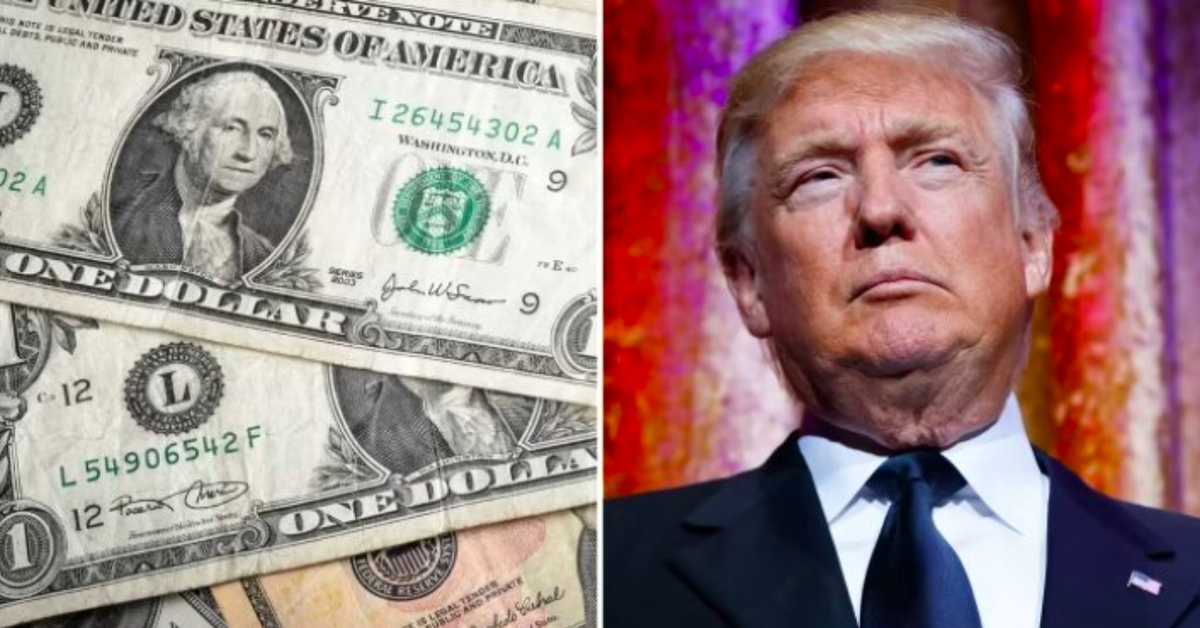
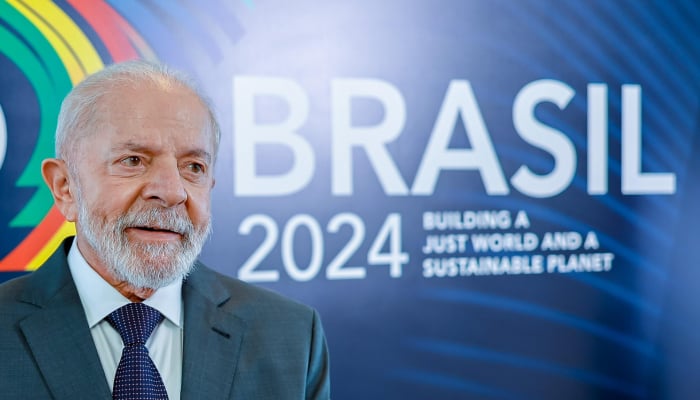









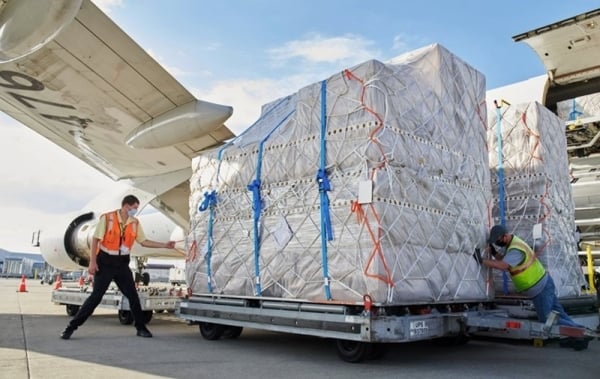
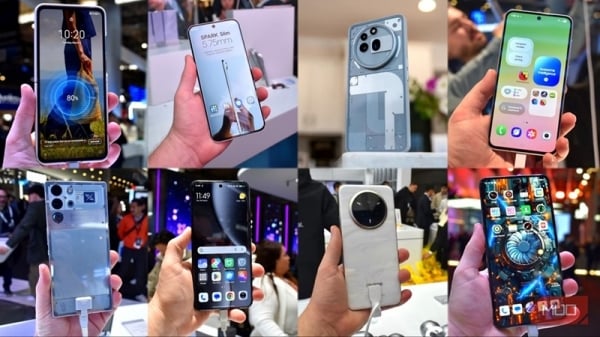

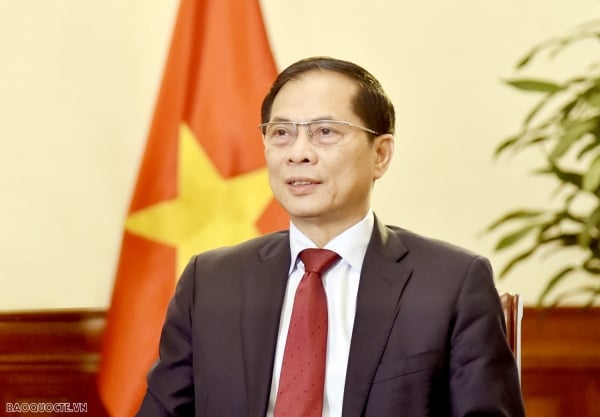
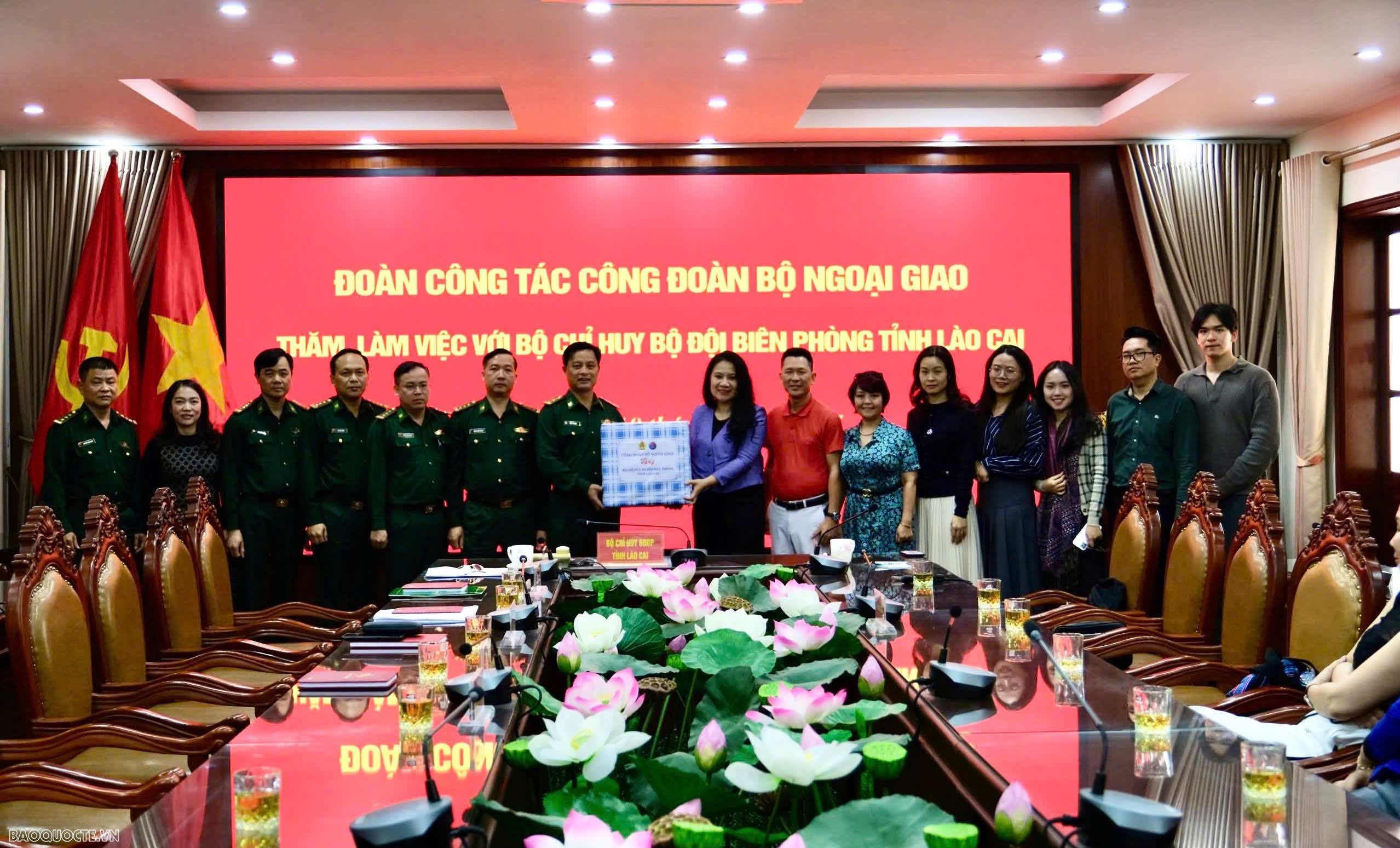


![[Photo] "Beauties" participate in the parade rehearsal at Bien Hoa airport](https://vstatic.vietnam.vn/vietnam/resource/IMAGE/2025/4/11/155502af3384431e918de0e2e585d13a)




































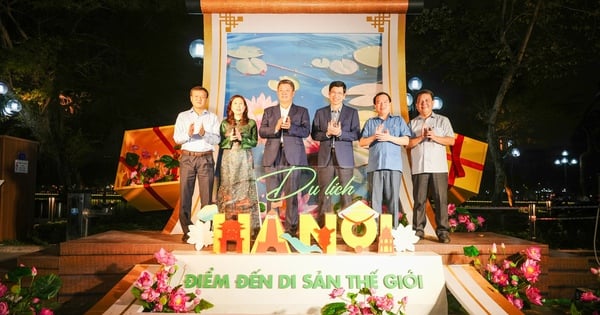
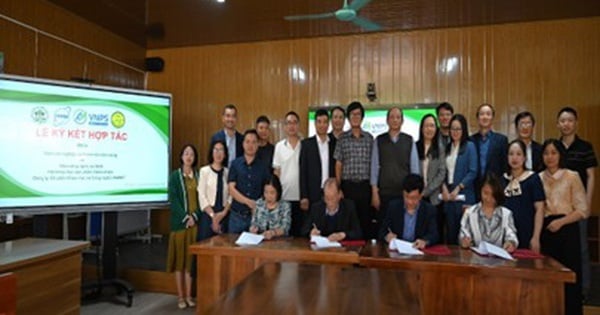

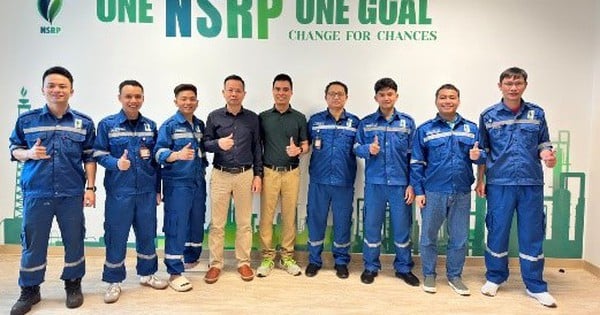
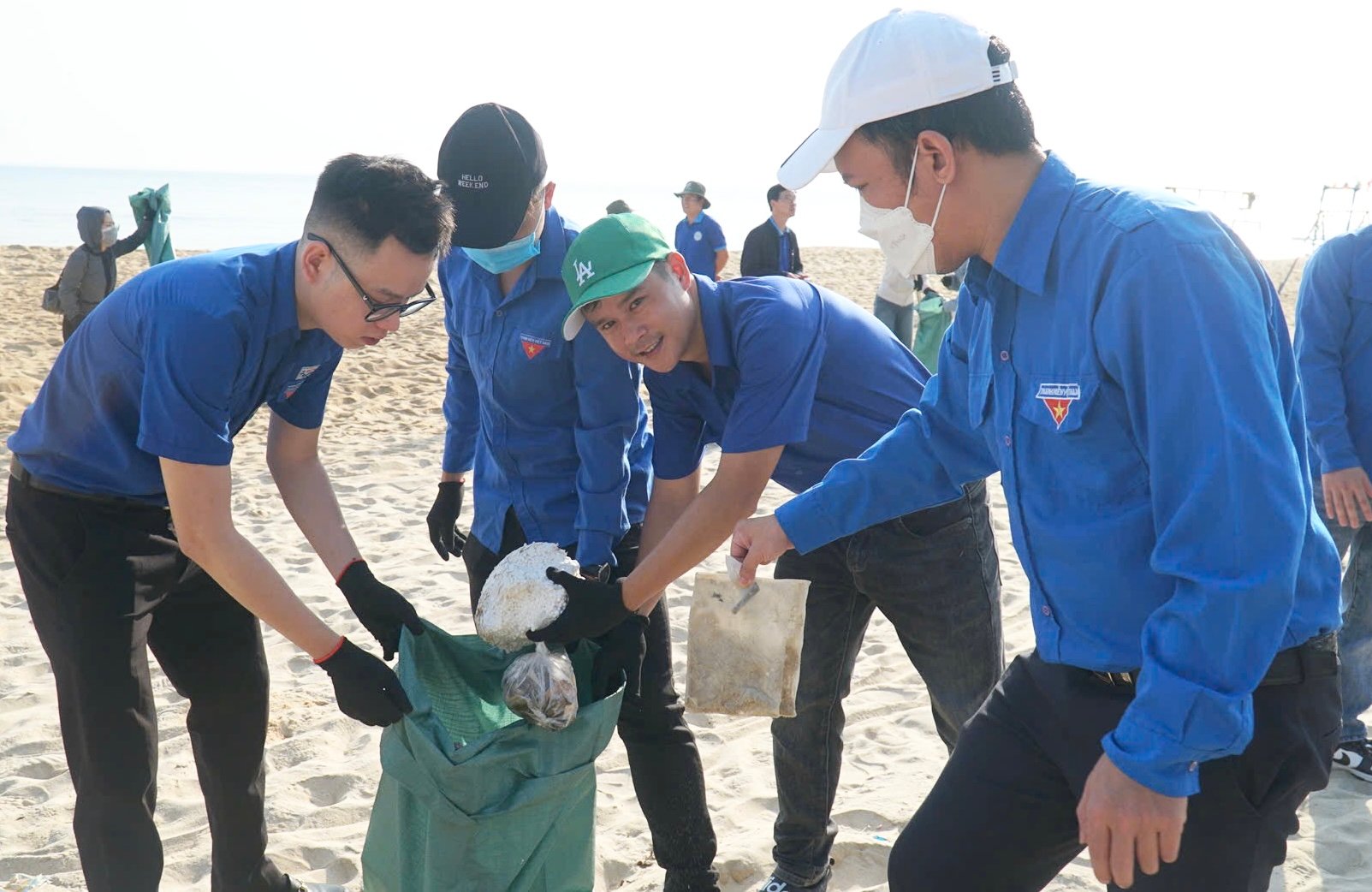

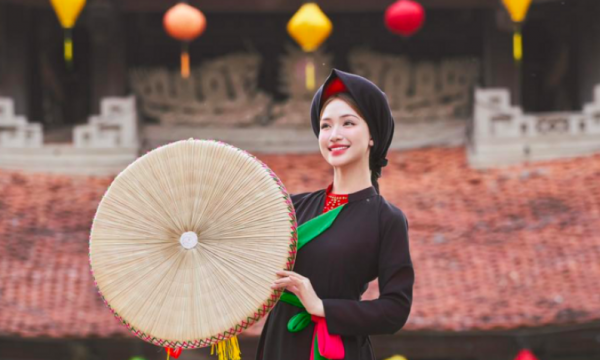

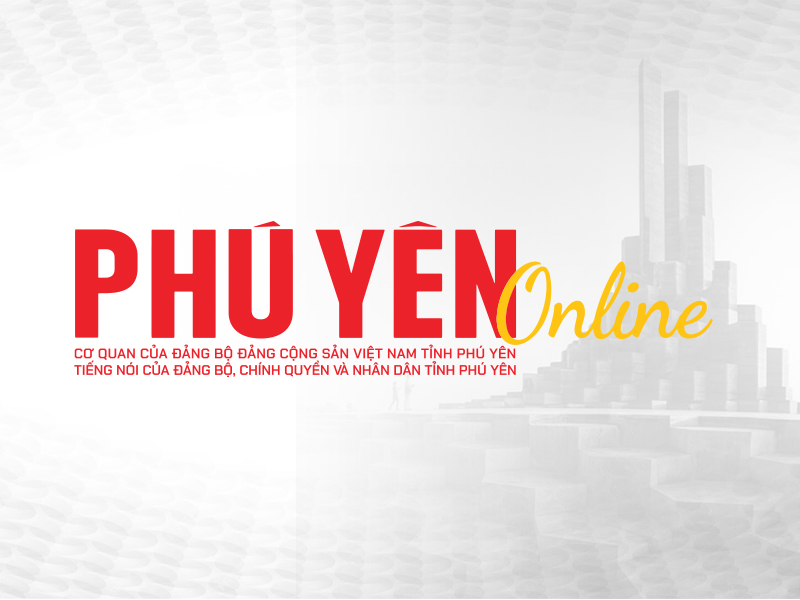

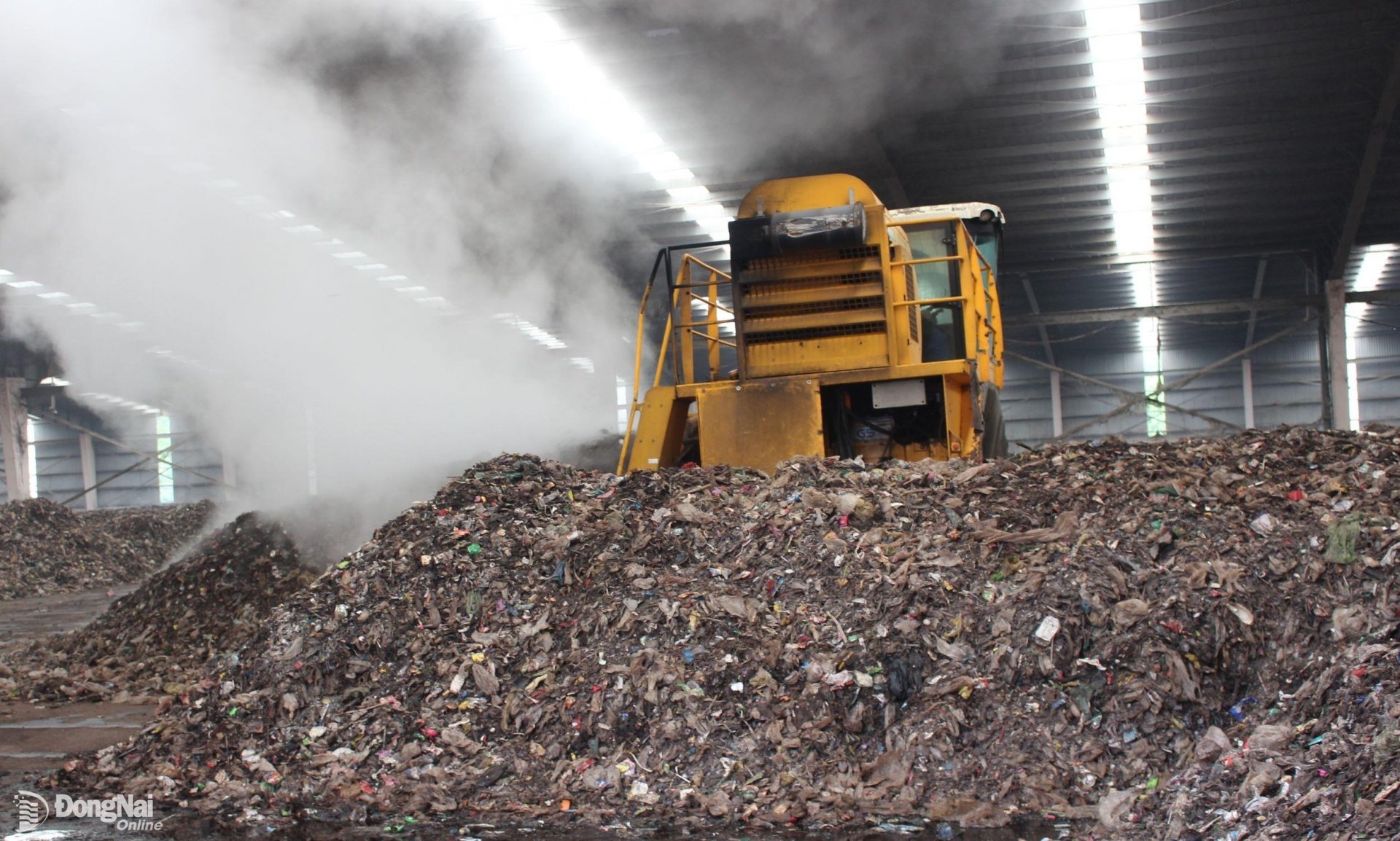

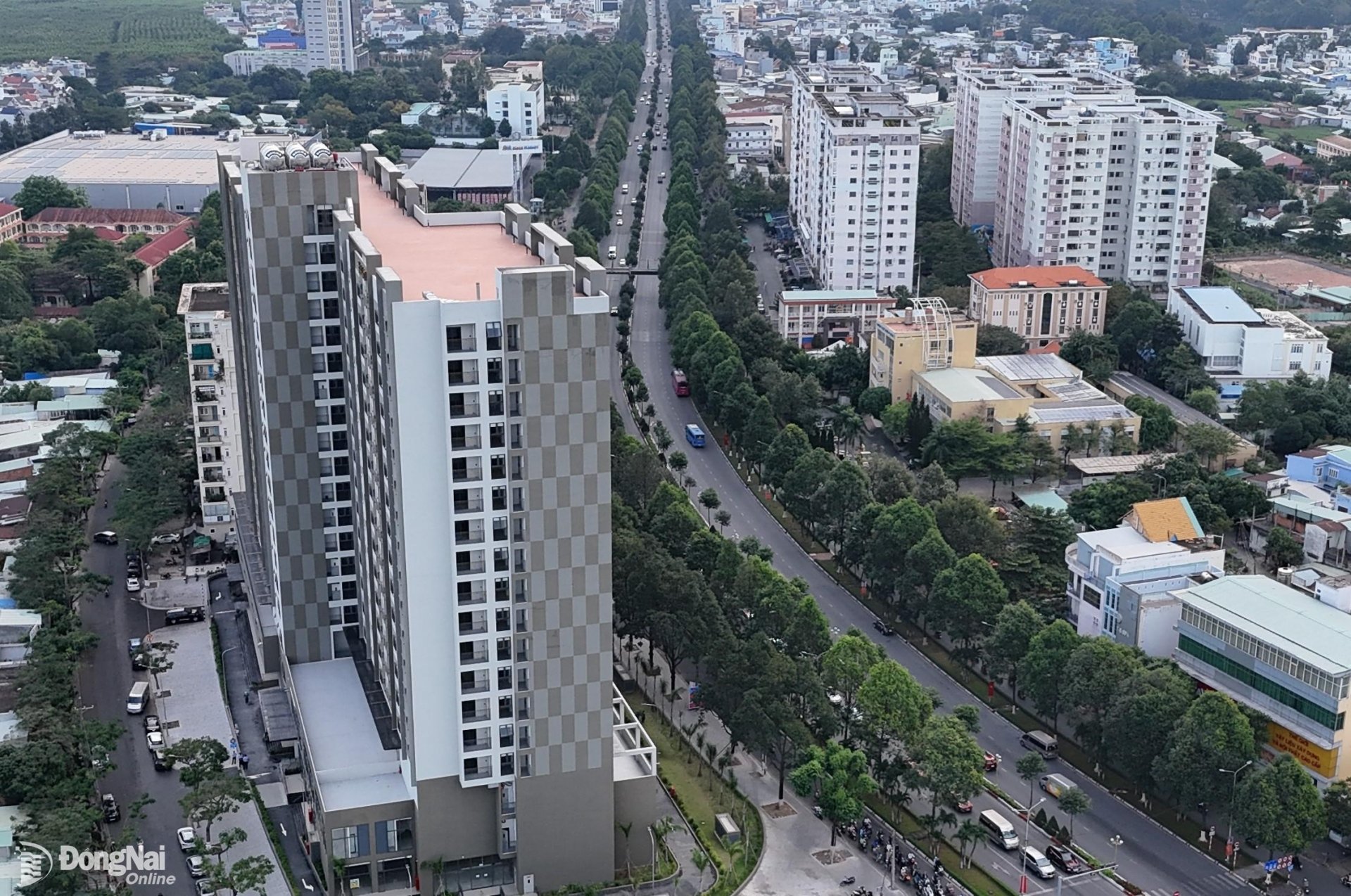
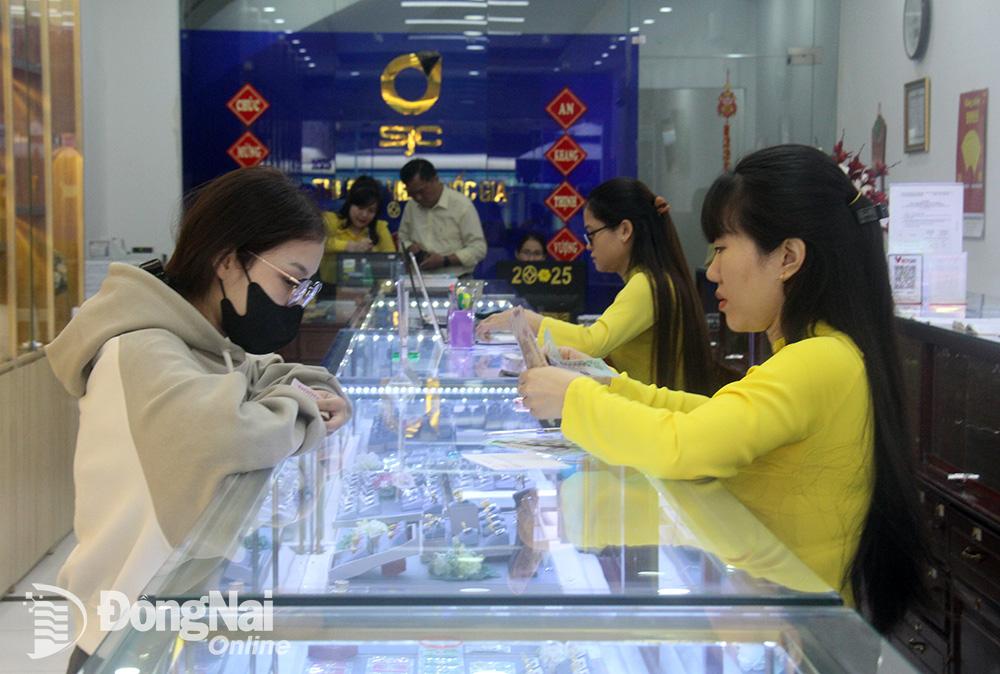









Comment (0)